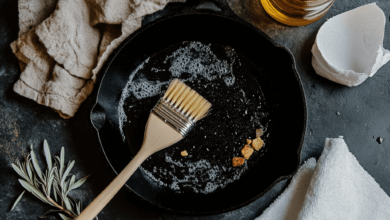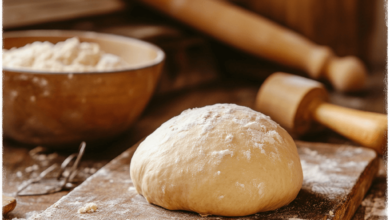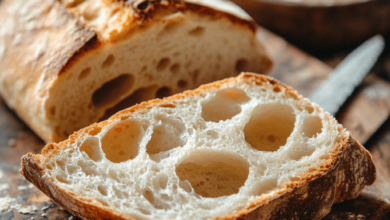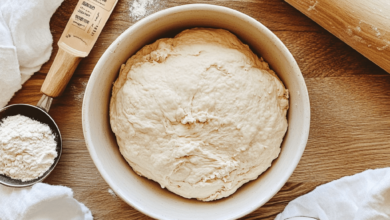Why Does Butter Burn So Easily?
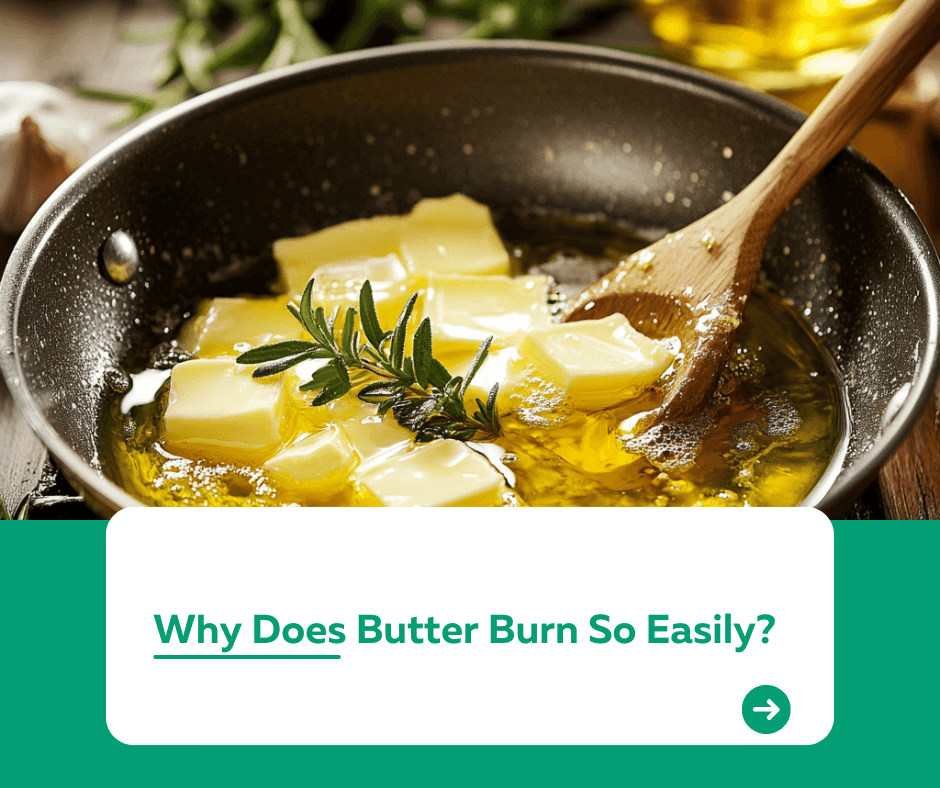
Introduction
Butter is a staple ingredient in many kitchens, loved for its rich flavor and versatility. However, if you’ve ever tried cooking with butter, you might have noticed it burns quickly. Why does butter burn so easily? The answer lies in its unique composition and cooking properties. Let’s explore the science behind butter and how to prevent it from burning.
1. The Composition of Butter
Butter is made up of:
- Milk Solids: These include proteins and sugars, which caramelize and burn at lower temperatures.
- Water: Roughly 15–20% of butter is water, which evaporates during cooking.
- Fat: The remaining portion is fat, which provides richness and flavor.
2. The Science of Burning Butter
The low smoke point of butter is the main reason it burns easily:
- Smoke Point: Butter has a smoke point of about 300–350°F (150–175°C), lower than many cooking oils.
- Milk Solids: The proteins and sugars in milk solids caramelize first, leading to browning and eventually burning.
- Evaporation: As water evaporates, the remaining solids and fat are exposed to direct heat, accelerating burning.
3. When Butter Burns
Burnt butter is characterized by:
- A dark brown or black color.
- A bitter, unpleasant taste.
- Smoky aromas that can overpower your dish.
4. How to Prevent Butter from Burning
4.1 Lower the Heat
- Cook at medium to low heat to give butter time to melt and distribute evenly.
4.2 Use Clarified Butter
- Clarified butter, or ghee, has the milk solids removed, increasing its smoke point to about 450°F (230°C).
4.3 Combine with Oil
- Mixing butter with a high smoke point oil, like vegetable or canola oil, helps prevent burning.
4.4 Add Butter Later
- For recipes that require high heat, use oil initially and add butter towards the end for flavor.
5. Common Mistakes When Cooking with Butter
❌ Using High Heat: Leads to rapid burning.
❌ Leaving Butter Unattended: Always keep an eye on it while cooking.
❌ Overheating Before Adding Food: Food should be ready to go when the butter melts.
6. Recipes Where Butter Shines
Butter is perfect for:
- Low-Heat Cooking: Sautéing vegetables or making scrambled eggs.
- Baking: Adds richness to cakes, cookies, and pastries.
- Finishing Dishes: Enhances the flavor of sauces and steaks.
Conclusion
Butter burns easily due to its low smoke point and the presence of milk solids. By understanding its composition and following simple tips like using clarified butter or combining it with oil, you can cook with butter without burning it. For more kitchen tips and tricks, visit our Kuestion.com.

